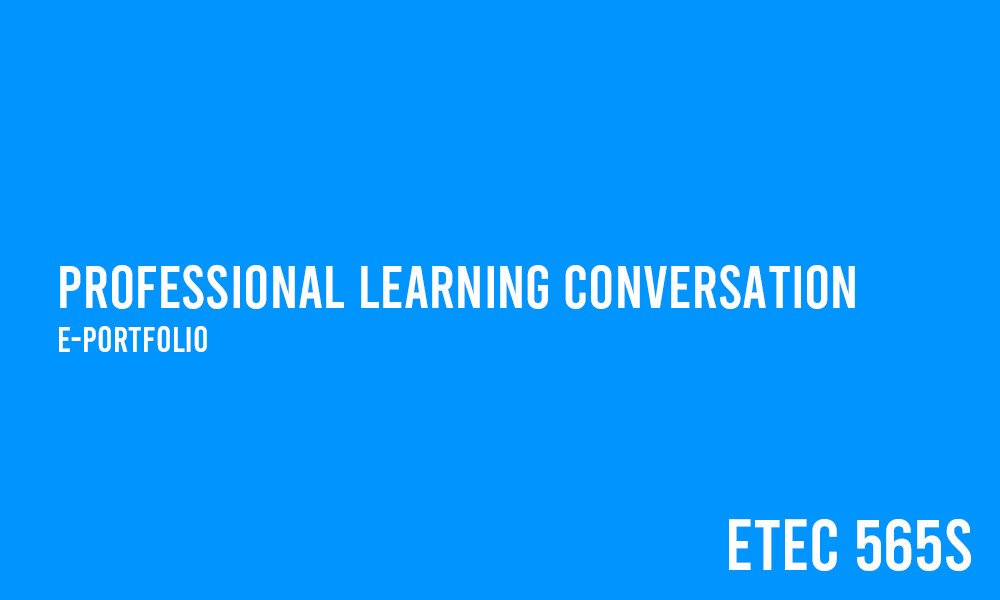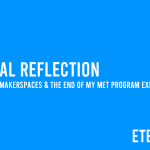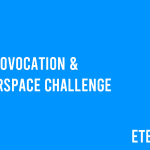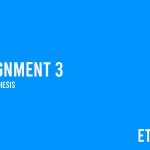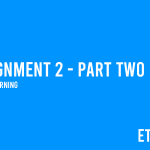I had a great time speaking with a peer about land acknowledgements and how important they are in our schools. We were both reflecting on Dr. Mark Edwards’ conversation with us earlier that day and started making connections to our own schools and jobs as educators. We acknowledged the importance of land acknowledgements since they are a way to recognize and respect the Indigenous Peoples’ land on which we live, work, and play. It also helps students understand the history of the land and that we must work with Indigenous Peoples to mend our relationships. It helps spread awareness about their culture and just how colonization impacted them. It also can help Indigenous students feel welcomed in the classroom while also encouraging non-Indigenous people to learn more about the history and importance of Indigenous culture.
One aspect that we spent a long time discussing related to the disconnect for students that we both often heard. We often heard the view that “We were not there when all of these terrible things were done to Indigenous People, so how can we be sorry?”. This disconnect was a really difficult question that we both struggled with. Knowing that another educator also has heard this question before and has struggled with it really made me feel less alone. We agreed that a huge part of this question comes down to students not knowing why we do land acknowledgements. We do them prior to every assembly at my school, yet we have never spoken about why we do them and why they are important!
This conversation has helped me in a professional context as I host our school-wide assembly for the National Day for Truth & Reconciliation in September for my school. In the past, I do not think I have properly answered this question for my students and I can understand then the huge disconnect for students. The land acknowledgement has turned into a formality without the proper meaning attached to it. This coming year, I plan to focus the assembly on why we do land acknowledgements. Furthermore, I want to help break down the thought of “I wasn’t born when Indigenous People were treated unfairly” and show students that this is still an issue in society today. The change will take many generations, and we cannot pass the blame down if we want to make true progress.
We continued our conversation and shared resources relating to land acknowledgements and the importance of Orange Shirt Day. My peer shared an excellent video which I plan to use for my school-wide assembly this year from CBC Kids News! Upon watching it once I got home, I realized how well it conveys the message to kids.

